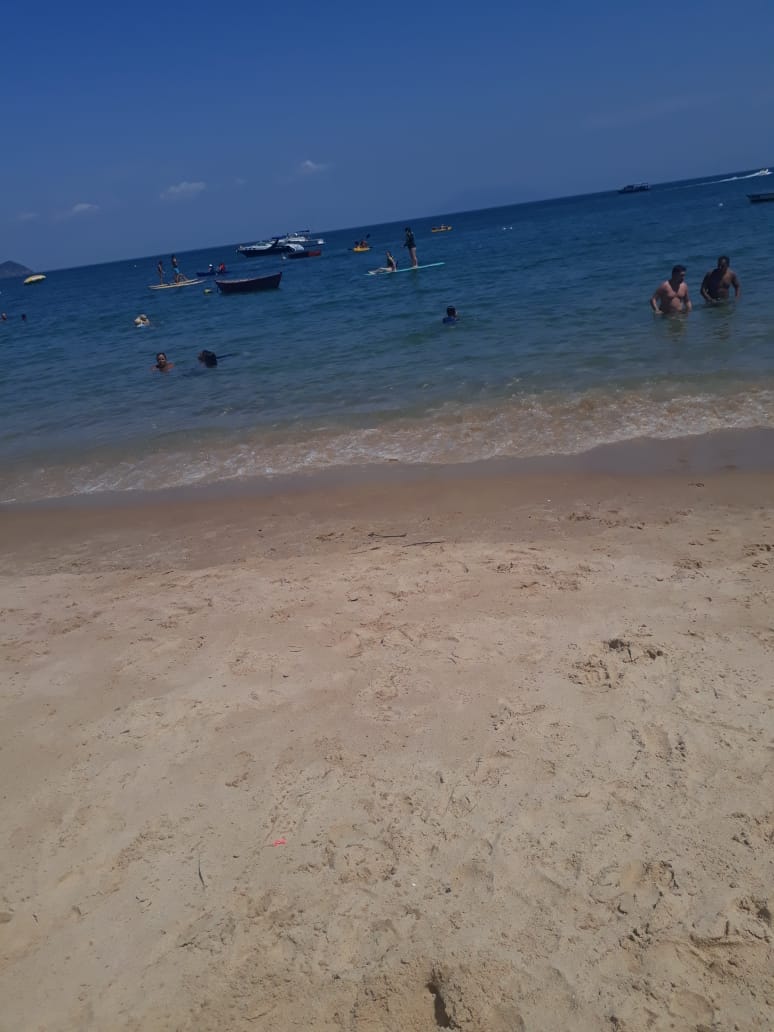A regionalização do turismo no Estado do Paraná sob a perspectiva do marketing
DOI:
https://doi.org/10.29149/mtr.v4i1.5079Keywords:
PortuguêsAbstract
The experiential tourism literature has influenced the elaboration of the tourism marketing plan in the State of Paraná, considering how important the theme has become in the last three decades. As a result, categorization and identification of consumer profiles were affected. The question that arises is whether the offer of tourist attractions for experience seekers, from a marketing perspective, became regionally conformed. The present work aims to identify and analyse the territorial ordering through the hierarchization and regionalization of the main tourist attractions offered. In order to achieve this goal we used the descriptive survey research technique, through netnography categorization of TripAdvisor evaluations. The study has an exploratory-descriptive character with a strong qualitative bias. It describes the literature regarding tourism experience economy and marketing. Territorialisation was approached through concepts of space anchored tourism, with ideas from Douglas Pearce (2015) and Barrado-Timon (2004), among others. The study concludes that efforts from tourism governance, and historical and demographic peculiarities create a favourable environment for the satisfaction of tourist’s needs. It was observed that offers of tourist destinations are characterized by territorial concentration around great urban centers, prompted by the demographic dynamics of the municipalities that compose them, favored by their infrastructure and population, which generates the demand for these products.
References
Andersson, T.D. (2007). The tourist in the experience economy. Scadinavian Journal of Hospitality and tourism, 7(1): 46-58
Ayikoru, M. (2009) Epistemology, ontology and tourism. In: TRIBE, j. Philosophical issues in toruism. UK/USA/Canada: Channel View: 62-79.
Barrado-Timon, D.A. (2004). El concepto de destino turístico. Una aproximación geográfico-territorial. Estúdios Turísticos, 160: 45-68
Binkhorst, E. (2008). Turismo de co-creación, valor añadido en escenarios turísticos. Journal of Tuourism Research – Revista de Investigacion en turismo, 1(1): 40-51
Buhalis, D. (2000). Marketing the competitive destination of the future. ResearchGate, London, England: 1-27
Cohen, S.A., Prayag, G.& Moital, M. (2016). Consumer behaviour in tourism: concepts, influences and opportunities. Current Issues in Tourism, 17(10): 872-909
Fecomércio-PR; Paraná Turismo; SEBRAE-PR; UFPR. (2016). Personas/perfis da demanda turística para o Paraná em 2026. Curitiba
Flores, L.C.S.& Mendes, J.C (2014). Perspectivas do destino turístico: repensando o sentido do conceito. Revista Brasileira de Pesquisa em Turismo. São Paulo, 8(2): 222-237
Gray, D. E. (2012). Pesquisa no mundo real. Porto Alegre: Penso.
Grix, J. (2002). Introducing students to the generic terminology of social research. Political Studies Association, 22(3): 175-186.
Horodyski, G. S. (2014). O consumo na experiência turística: o caso dos souvenirs no destino Curitiba-PR. Tese (Doutorado) – Programa de Pós-Graduação em Geografia, Universidade Federal do Paraná, Curitiba
Jovicic, D.Z. (2016). Key issues in the conceptualization of tourism destinations. Tourism Geographies, 18(4): 445-457
Kozinets, R.V. (2014). Netnografia: realizando pesquisa etnográfica online. Porto Alegre: Penso.
Manosso, F.C. (2015). O espaço urbano turístico de Curitiba nas fotografias on-line: uma análise na rede social instagram. Dissertação (Mestrado) – Programa de Pós-Graduação em Geografia, Universidade Federal do Paraná, Curitiba
Mehmetoglu, M. & Engen, M. (2015). Pine and Gilmore’s concept of experience economy and its dimensions: An empirical examination in tourism. Journal of Quality Assurance in Hospitality e Tourism, 12(4): 237-255
Mondo, T.S. & Gandara, J.M.G. (2017). O turismo experiencial a partir de uma perspectiva socioeconômica mercadológica. Revista de Análisis Turístico, 24: 26-40
Neuhofer,B., Buhalis, D. & Ladkin,A (2012). Conceptualising technology enhanced destination experiences. Journal of Destination Marketing & Management. 1: 36-46
Paraná Turismo (2016). Plano Paraná Turístico 2026 – Pacto para um destino inteligente, Curitiba
Pearce, D. (2015). Toward an integrative conceptual framework of destinations. Journal of Travel Research, 53(2): 41-53.
Pearce, D. (2016). Modelos de gestión de destinos. Estudios y Perspectivas en Turismo, 25: 1-16.
Prebensen, N.K.; Foss, L. (2011). Coping and Co-creating in tourist experiences. International Journal of Tourism Research, 13: 54-67
Pine, B. & Gilmore, J.H. (1998). Welcome to the experience economy. Harvard Business Reviw, july-August, 97-105.
Richards, G. (2014). The new geographies of tourism: Space, place and locality. Paper presented at the Wageningen Geography Lectures: 1-20
Saraniemi, S.& Kylanen, M. (2010). Problematizing the concept of tourism destination: An Analysis of different theoretical approaches. Journal of Travel Research, 50(2): 133-143
TRIPAVISOR (2018). https://www.tripadvisor.com.br. Acesso entre fevereiro de março de 2018
Downloads
Published
How to Cite
Issue
Section
License
Authors who publish with this journal agree to the following terms:
- Authors retain copyright and grant the journal, without cost for the journal, right of first publication with the work simultaneously licensed under a Creative Commons Attribution License that allows others to share the work with an acknowledgment of the work's authorship and initial publication in this journal.
- Authors are able to enter into separate, additional contractual arrangements for the non-exclusive distribution of the journal's published version of the work (e.g., post it to an institutional repository or publish it in a book), with an acknowledgment of authorship and its initial publication in this journal.
- Authors take full responsibility for their opinions expressed in the works published in this journal.
















